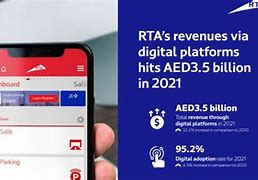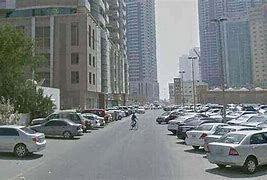Sharjah: In Sharjah’s Al Hamriyah region, the Environment and Protected Areas Authority (EPAA) has begun conducting a coral reef cultivation project.
The project’s goals are to accomplish long-term marine life development, improve biological cover and biodiversity, and rehabilitate marine life in the area.
Coral reef farming operations have been successfully used to restore balance to the marine environment and achieve long-term sustainability, and the project in the Al Hamriyah region will contribute significantly to the rehabilitation and restoration of coral reef areas, as well as the flourishing of marine life and fisheries.
Hana Saif Al Suwaidi, Chairperson of EPAA, said, “The coral reef cultivation project in the Al Hamriyah region is divided into two phases. The first involves the installation of bases (metal wires) in shallow areas ranging from six or seven metres deep, and then monitoring them during the growth period, which is usually in the summer after the end of the breeding season because it achieves the highest rates of growth and survival compared to the winter season.”
The second stage entails moving the coral colonies from their current locations and relocating them in areas where they will be developed and established, as well as monitoring their survival and growth rates. “The project works to maximise the use of biological material, such as coral reefs, to produce large quantities of colonies instead of obtaining them from where they are,” she added.
Four varieties of hard coral reefs found in the Arabian Gulf have been cultured, according to Al Suwaidi: “Acropora,” “Porites,” “Turbinaria,” and “Platygera.”
According to Al Suwaidi, the procedures utilized in this experiment are simple enough to be easily repeated in the future, and other approaches will be applied this year to produce a huge number of colonies from a single small colony.
Coral reefs are crucial parts of marine life because they provide a safe haven for marine invertebrates and fish, and they are regarded as a national treasure since they contribute to secure long-term food security.
The EPAA has already executed a similar initiative on the Sir Bu Nair Island Reserve, where the coral reef is considered one of the most diversified in the Arabian Gulf. The island’s coral reefs reach 20 meters deep into the water, but they have deteriorated significantly in recent decades due to natural and human reasons, as well as a variety of bad practices.
The EPAA creates educational awareness materials, administers environmental awareness policies and programs, and launches specialized environmental awareness and education campaigns.






























